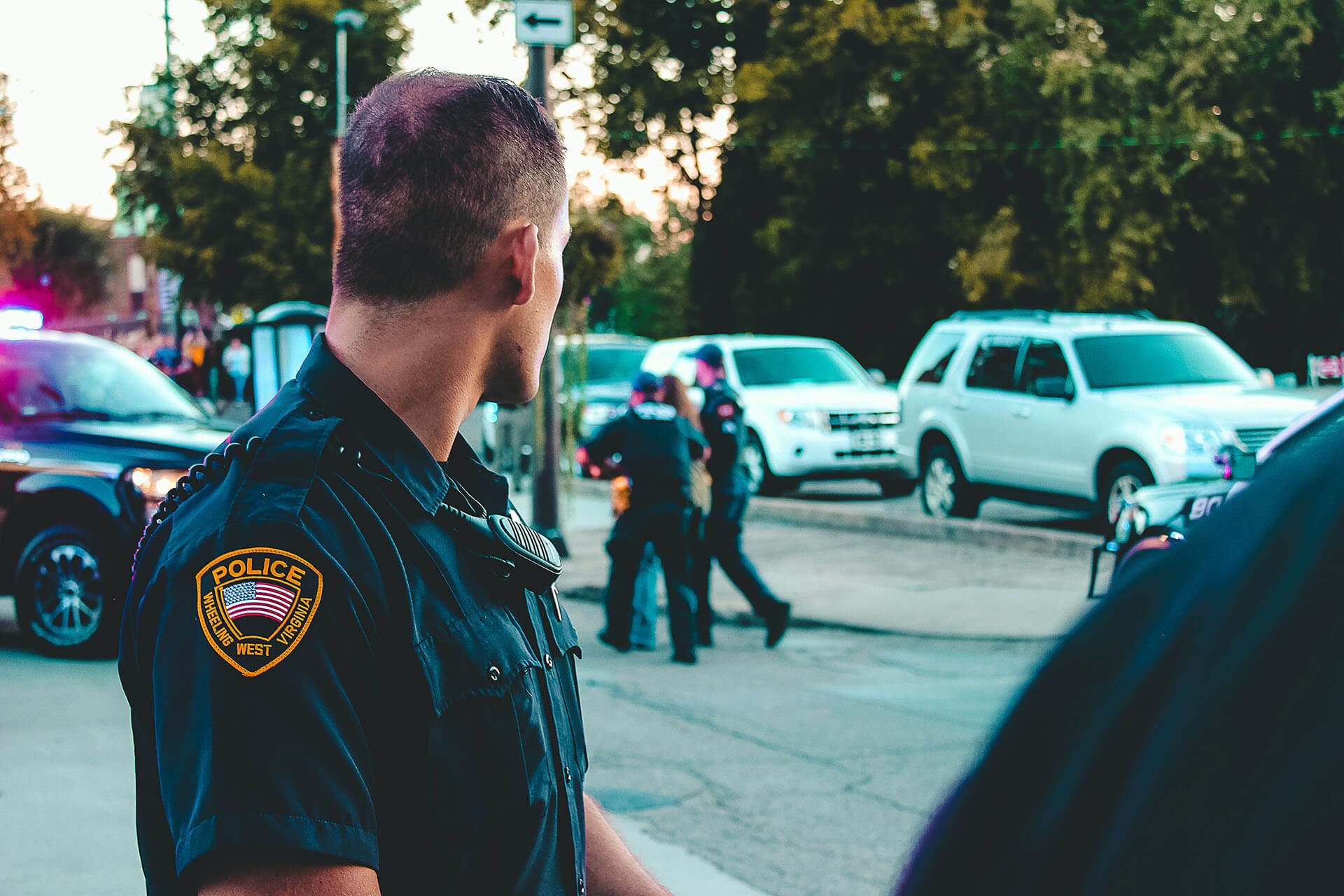If you are a police officer noise-induced hearing loss (NIHL) may have a catastrophic impact on your career, your ability to perform at your best, and even your personal safety on the job, not to mention your personal life.
Table of Contents
Hearing Loss in the Police Force
Noise is present in almost every aspect of the profession, and it all mounts up over time, whether it’s the continual traffic noise and blaring horns, the cry of sirens during a chase, the persistent screeching of radio transmissions, barking K-9 units, or explosive sounds like gunshots or flashbangs.
Over a third of police officers have Noise-unducted hearing loss (NIHIL), which is more than double the prevalence of the general population. It’s more common among cops with more than 15 years on the force, and it’s more common among female officers than male officers.
While many people believe that loud noises trigger Noise-induced hearing loss, the truth is that it’s not only the loudness that matters. Even at very low noise levels, the length and intensity of exposure can have a significant impact on hearing.
Noise Exposure and Its Effects
Unfortunately, noise exposure is almost inevitable for law enforcement officers. Aside from range practice in a controlled setting, when construction workers and machine operators may always wear hearing protection on the job, its usage is just not practicable for the police force.
Officers need an unrestricted hearing to be alert to everything around them, whether it’s criminal activity or dangerous driving during a routine traffic check. Hearing loss is particularly risky in the same settings that make hearing protection impracticable.
Hearing Loss in the Police force: Signs and Symptoms
Because NIHL usually develops gradually, it’s easy to miss or misdiagnose the signs and symptoms. In fact, because of your compensatory actions, others, such as your loved ones, coworkers, or spouse, are more likely to notice the problem.
Some of the signs and symptoms are:
- Turning your ear to the sound source. This small act might become so automatic that you don’t even realize it’s happening.
- If you continually have to ask for repetition during a discussion because individuals don’t talk “loudly” enough, it’s probably not them — it’s you.
- Anxiety or discomfort in confrontational circumstances if you aren’t completely aware of your surroundings.
- If going out to dinner or drinks in a restaurant or bar makes you feel uneasy or nervous because you can’t hear or keep up with the conversation, there’s a problem.
- You could be embarrassed or fearful of offending people if you keep asking them to repeat what they’ve said, so you just attempt to get by.
Hearing Loss in the Police force: Treatment & Prevention
If any of these signs and symptoms described above seem familiar to you, or if others have informed you that you might have a problem, it’s time to get treatment. But first and foremost, you should understand that you have no need to feel humiliated. NIHL is just a well-known occupational danger associated with a difficult profession.
Get a hearing exam from a licensed audiologist. A skilled specialist can assess your hearing range and provide solutions, such as hearing aids. It’s crucial to realize that today’s hearing aids are not the same as those used by your grandfather. These are high-tech audio gadgets that are hardly audible and are made for those who lead active lives.
Perhaps hearing loss isn’t an issue for you, or you’re a rookie officer. You don’t have to accept NIHL as a foregone conclusion. While wearing hearing protection may not be appropriate in all settings, it is unquestionably necessary on the shooting range.
- Maintain proper hearing hygiene when you’re not at work. When feasible, intentionally immerse yourself in quiet to assist “reset” the auditory function and give your ears a vacation. Because NIHL is produced by cumulative harm, avoiding noise as much as feasible can reduce the influence of noise on the workplace.
- Schedule an annual hearing exam now and in the future. Even if you think you can hear great, getting examined now can provide you with a baseline measurement to compare year to year, allowing you to act when necessary. Long-term hearing loss can damage the auditory nerve, so getting help as soon as possible is crucial to guarantee that hearing aids can restore functional hearing before it’s too late.
Workers Compensation
Hearing loss workers’ compensation benefits are largely undiscovered benefits covering hearing health care, which is often uninsured. Many health insurance policies and programs like Medicare do not cover hearing aid purchases but workers’ compensation can. It also pays for the disability of hearing loss just as it does for the loss of eyesight or other injuries.
Aging populations, advances in technology, and greater sensitivity to hearing loss are bringing more attention to financing hearing health care. For the most part, those who qualify for hearing loss workers’ compensation benefits are retired hearing-impaired workers who live on fixed incomes.
Always feel free to ask Johnson Law Offices about the process, the law, or an individual case. The legal, medical, and audio-metric questions that come into play in a hearing loss workers’ compensation claim can be complicated.
The claims require attention to detail mixed with an ability to work well with hearing-impaired retirees and their families, especially spouses, and their hearing health care professionals.
Sources
- https://www.ncbi.nlm.nih.gov/pmc/articles/PMC4476195/
- https://www.researchgate.net/publication/272414697_Noise-Induced_Hearing_Loss_In_The_Police_Force
Contact Us
If you, or anyone you know, worked in noise and suffers from hearing loss, please do not hesitate to contact us.
Contact Us


